July 24, 2024, marked the 15th straight year that the federal minimum wage in the United States has remained at $7.25 per hour.
Minimum wage activists did not let this anniversary go by quietly, and some are renewing demands to push for a higher federal wage.
During the Obama Years
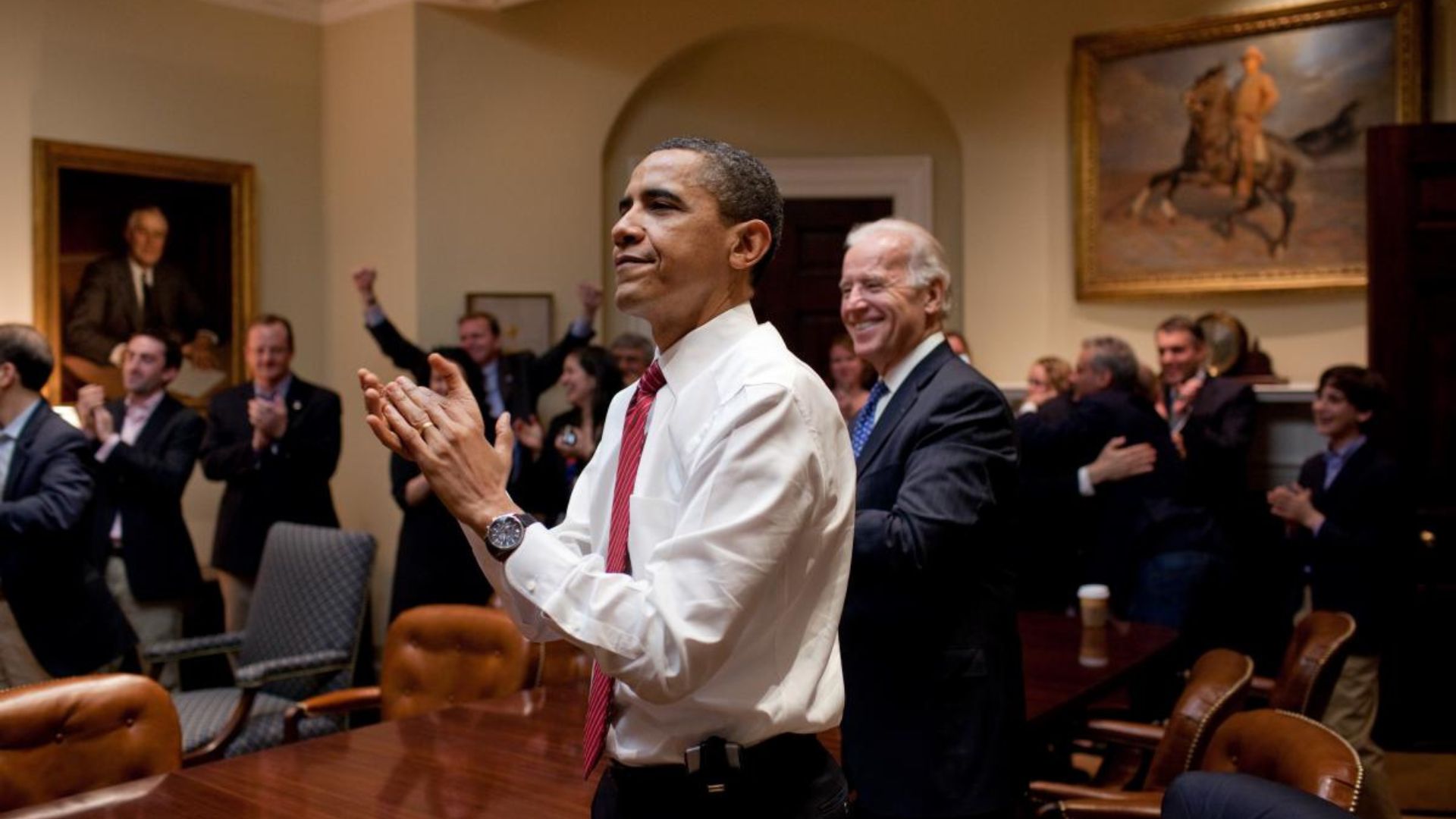
Robert Reich, former Secretary of Labor under Bill Clinton, took to X on Wednesday to advocate for a higher minimum wage on the anniversary of its last raise.
“A lot’s changed since July 24, 2009. Barack Obama was president. Netflix was still mailing out DVDs in red envelopes. What hasn’t changed? The federal minimum wage of $7.25/hr. It is long past time to raise it,” said Reich.
Insult to Workers

Reich made several posts about the topic on Wednesday, one of which placed the blame on conservatives for the lapse in federal wage increases.
“Today marks 15 years since the federal minimum wage of $7.25 an hour has been raised. This is an insult to American workers, and bad for our economy. But conservatives are out to scare you about raising the wage. Let’s debunk each of their talking points,” wrote Reich.
Longest Period
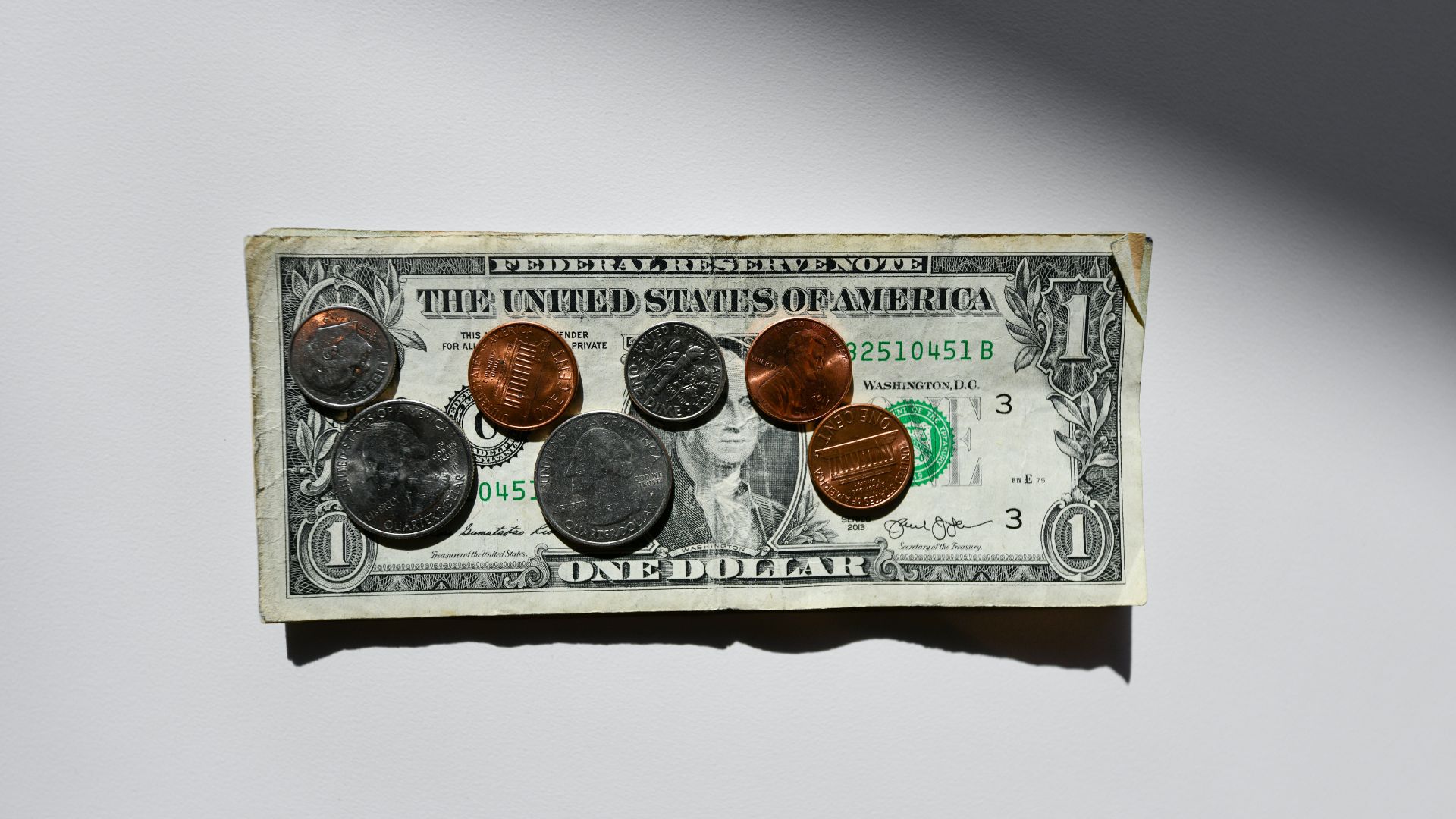
A network of business owners called Business for Fair Minimum Wage also capitalized on the anniversary to highlight the long stretch of time it has been since Americans have gotten a raise on the federal level.
“The federal minimum wage has been stuck at $7.25 for 15 Years ‼️ Just $15,080 a year if you work full time. The last increase was July 24, 2009 – the longest period in history without a raise by far. 17 million people make less than $15. It’s way past time to #RaisetheWage,” the group wrote on X.
Living Wages

Illinois Representative Danny K. Davis used the moment to advocate for economic justice and to fight for $15 an hour.
“It’s been 15 years since the federal minimum wage was raised to $7.25. Hardworking Americans deserve better! It’s time to ensure living wages for all. #RaiseTheWage #FightFor15 #EconomicJustice,” wrote David on X.
Political Issue
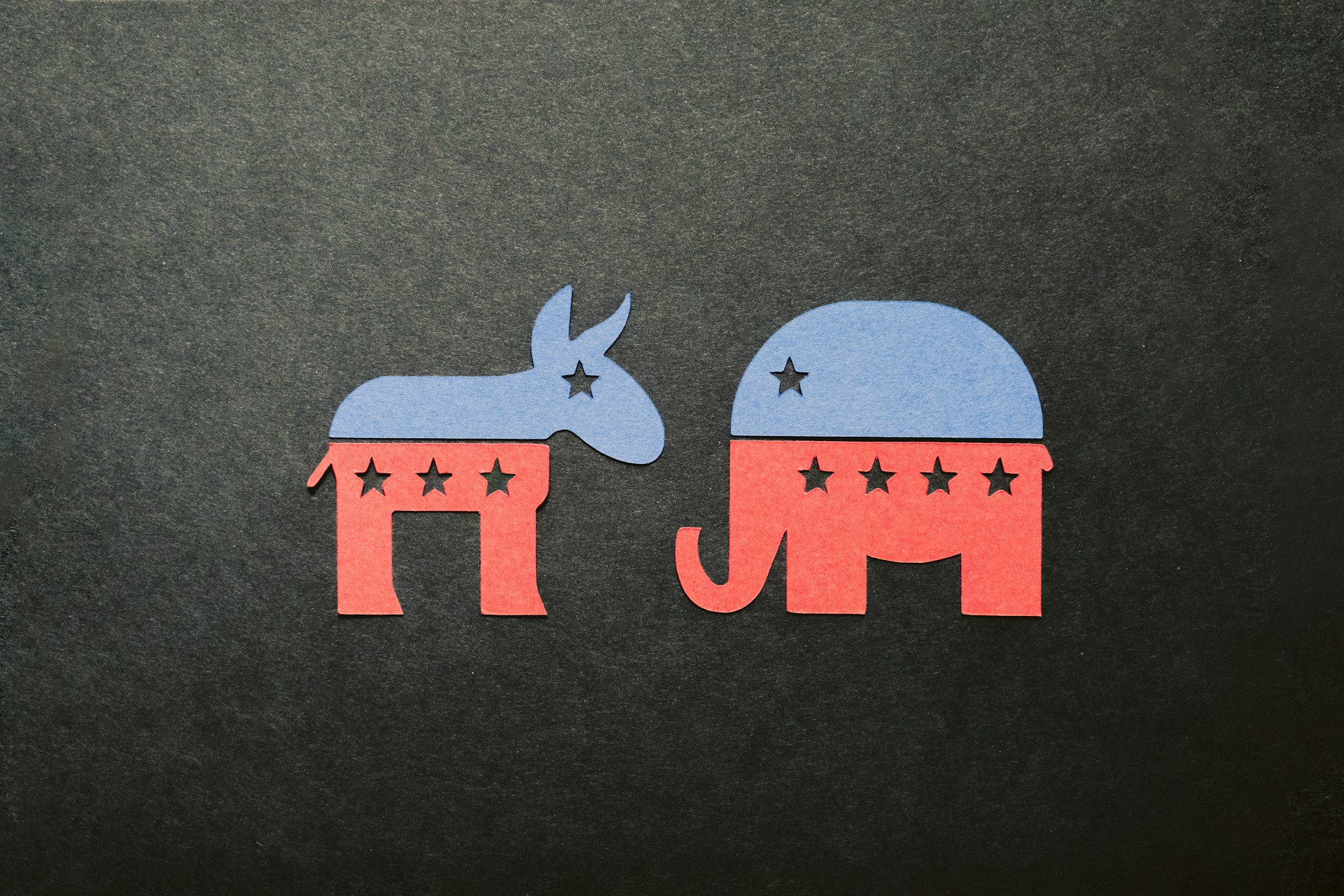
Many of the US lawmakers coming out to voice support for raising the minimum wage tried to frame conservatives and Republicans for putting up roadblocks to progress.
“The federal minimum wage is $7.25. For 15 years, Republicans have blocked efforts to boost workers’ wages. You can’t support yourself or raise a family on $7.25/hour. I have introduced legislation to gradually raise the federal minimum wage. @HouseGOP, it’s time to act!” wrote Michigan Representative Dan Kildee.
Raise the Wage Act
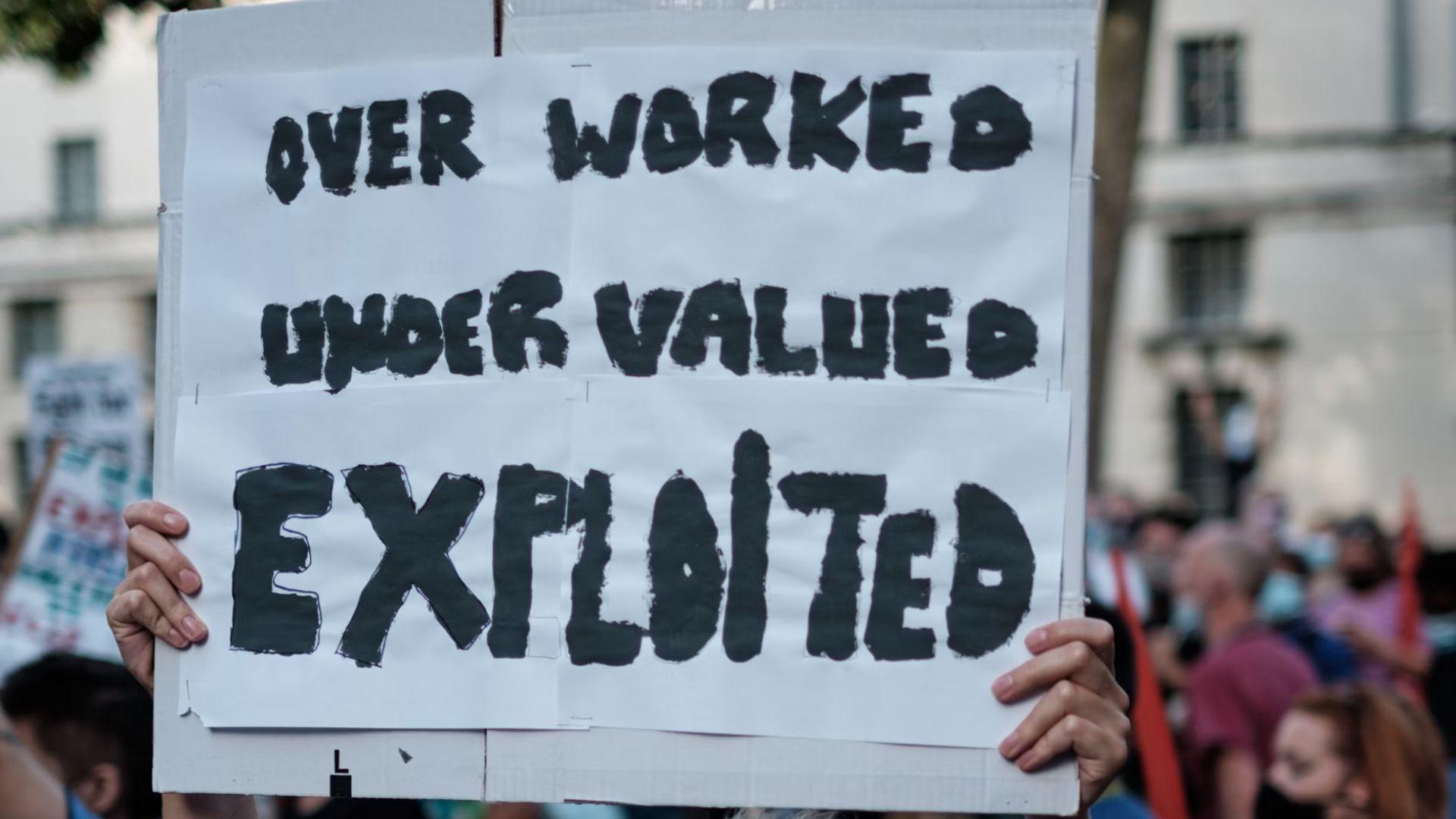
US Representative Steny Hoyer from Maryland added his voice to the chorus, urging lawmakers to help pass an act to raise the wage in America.
“The federal minimum wage has not been raised since 2009. Thankfully, the Biden-Harris Administration has required that all businesses that contract with the federal government pay their workers at ≥$15 an hour. We must ensure a living wage – let’s pass the Raise the Wage Act,” wrote Hoyer on X.
What is the Raise the Wage Act?
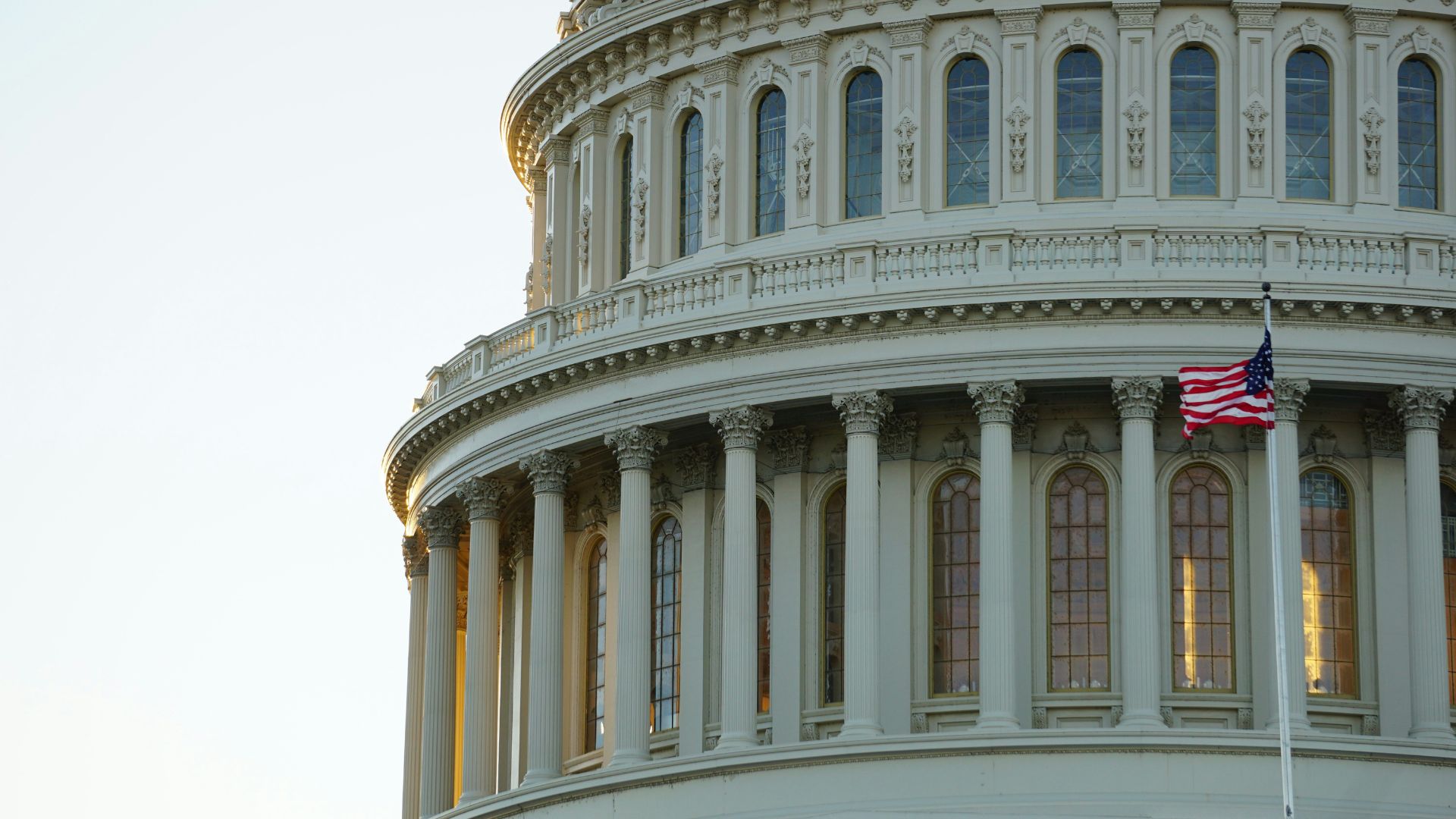
As its name suggests, the Raise the Wage Act would gradually raise the federal minimum wage until it becomes $17 an hour by the year 2028.
Currently, the Raise the Wage Act is a bill in Congress sponsored by Vermont Senator Bernie Sanders.
Sanders on the Wage
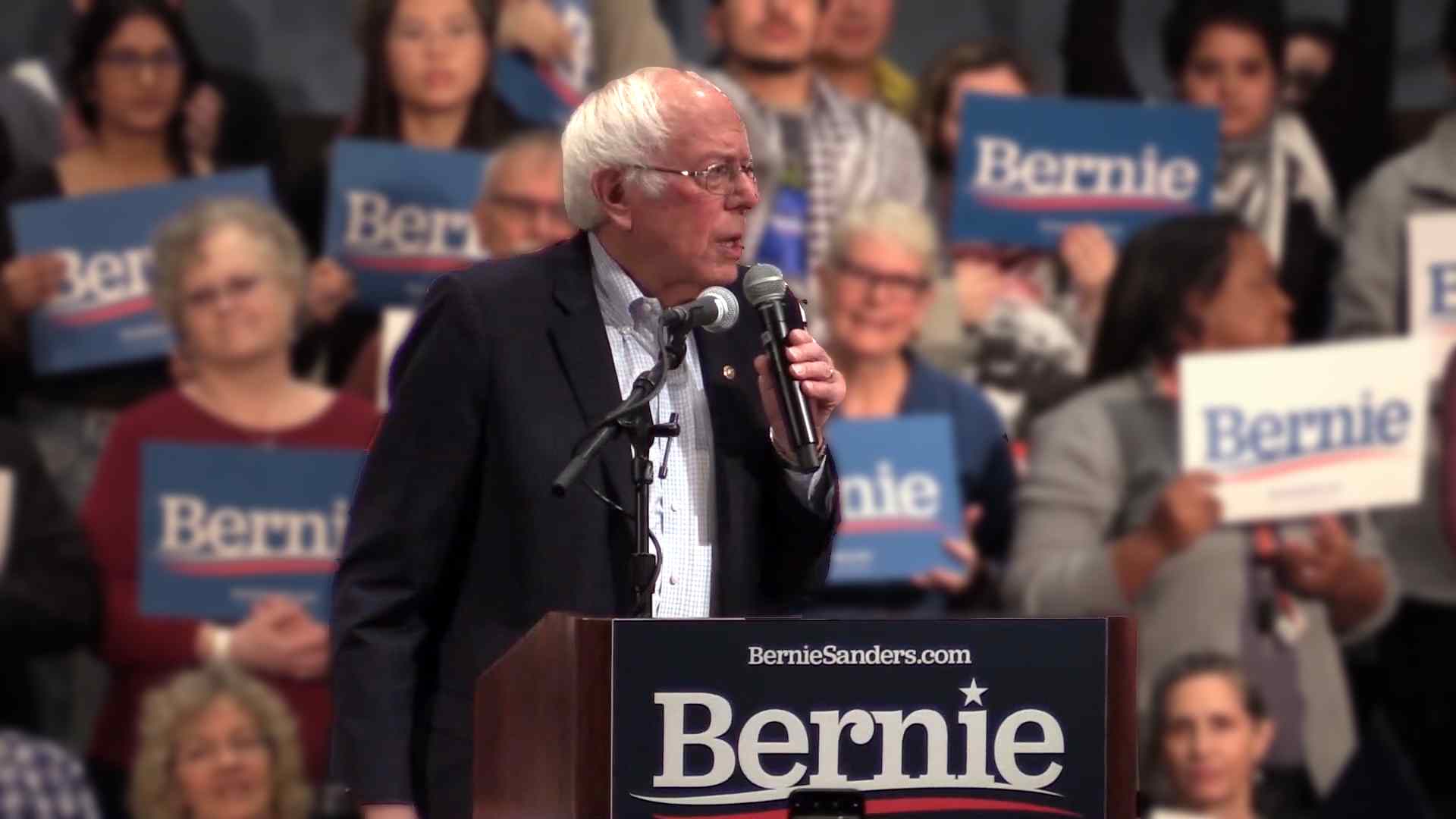
The 15th anniversary of no federal minimum wage increases was also seemingly noticed by Sanders, who released several posts mentioning the minimum wage ahead of July 24.
“We will win — and win big — in November if we campaign on the economic agenda that working people across this country want, including: A higher minimum wage…” Sanders wrote on X.
Economic Impact of Raising Wages

An analysis of the Raise the Wage Act by the Economic Policy Institute found that this legislation if passed would affect nearly 28 million American workers, representing 19% of the workforce.
These workers would receive $86 billion in total in extra wages, which averages to about a $3,100 increase per worker.
Battle Fought in the States

One reason that the federal minimum wage has remained the same for such a long time is that the minimum wage battle has been more often waged at the state level.
Currently, 30 states have a higher minimum wage than the federal minimum. However, there are five states that do not have a state minimum wage and two states that have a minimum wage below the federal minimum.
Opposition to Wage Increases

Opponents of raising the minimum wage argue that such an effort wouldn’t help things since raising the minimum wage will force businesses to raise prices to compensate for the extra labor costs and negatively impact the economy overall.
“So I guess big corporations will just start paying the new minimum wage without laying off workers, closing down stores, or raising prices on the consumer? This will never work,” said an X user.
